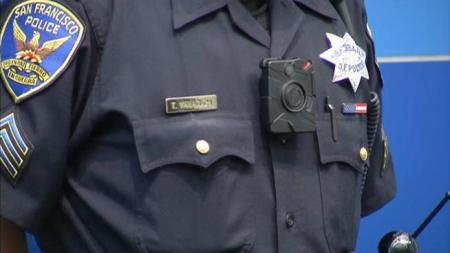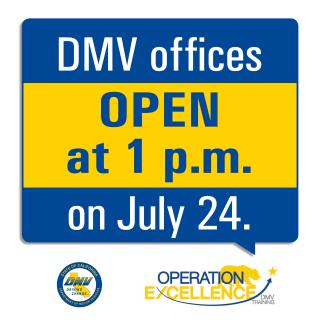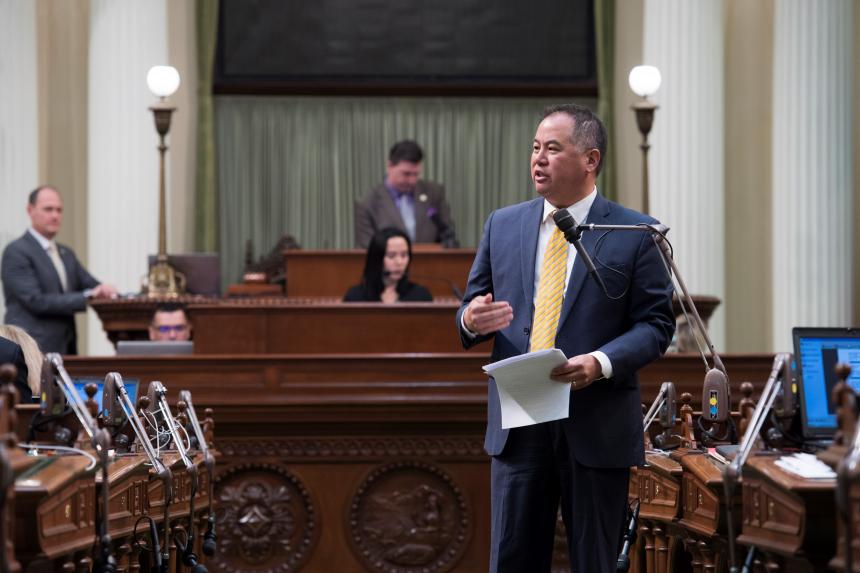Ting Calls New State Budget 'Our Best Yet'
(SACRAMENTO, CA) – Assemblymember Phil Ting (D-San Francisco), Chair of the Assembly Budget Committee, released the following statement after Governor Newsom signed the 2019-2020 budget for California. Ting’s statement is as follows:

California’s latest budget is an incredible and historic spending plan that invests in our long-held priorities and restores cuts made during the Great Recession, while still maintaining healthy reserves to protect programs through the next economic downturn. I commend Governor Newsom for setting the expectation that bold actions are necessary to build a stronger state. The Legislature shares that same progressive vision, which includes strengthening social infrastructure to lift families from homelessness and poverty; opening the door to more educational opportunities from pre-school to college; and closing the gap on universal health care. This is our best state budget yet.
# # #


